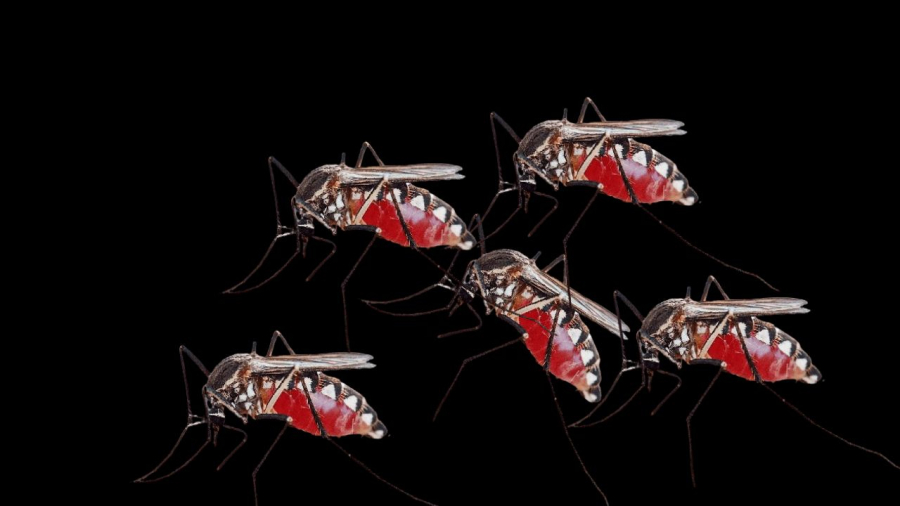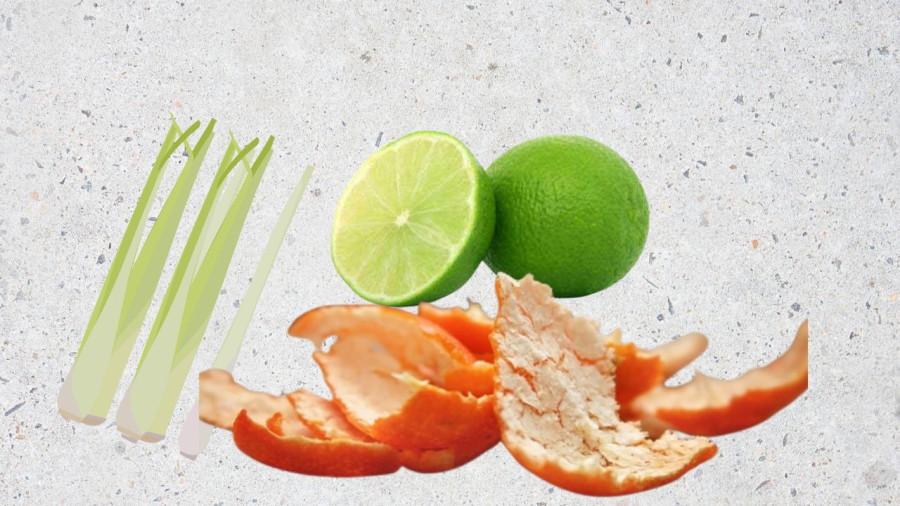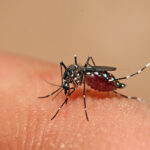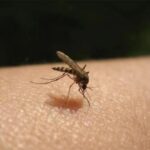Are Sweet-Smelling People More Prone to Mosquito Bites?
Do sweet-scented people attract more mosquito bites?
It is a common observation that mosquitoes seem to favor certain individuals when in the company of others. Folk wisdom attributes this phenomenon to the notion that these people possess sweeter-smelling skin. As a result, it is often said that children are more susceptible to mosquito bites than adults due to their purportedly sweeter and smoother skin.
However, this belief contradicts biological facts. Mosquitoes possess sensory organs on their antennae that enable them to detect their “prey.” Interestingly, mosquitoes are highly sensitive to certain scents, such as citronella, lemongrass, peppermint, citrus, and mugwort essential oils. Therefore, the idea that sweet-smelling skin attracts mosquitoes lacks scientific basis, and the term “sweet” in this context is ambiguous. It is more accurate to interpret “sweetness” as referring to skin characteristics that specifically attract mosquitoes, rather than a pleasant aroma as perceived by the human nose.
All human bodies produce pheromones, which are chemical signals that can attract mosquitoes. However, the type and amount of pheromones vary from person to person, explaining why some individuals are more appealing to mosquitoes than others. Thus, the “sweetness” mentioned in the folk saying actually refers to scents that mosquitoes find appealing, rather than scents that humans perceive as sweet.

Some people are more prone to mosquito bites than others
In nature, mosquitoes also produce pheromones to attract mates. Typically, male mosquitoes fly in circles during the morning and evening while releasing pheromones to entice female mosquitoes.
Apart from scent, mosquitoes employ other methods to identify their prey. They are capable of sensing body temperature, with a preference for individuals with higher body heat. Certain mosquito species favor biting the head and shoulders, while others opt for the feet and ankles.
Additionally, mosquitoes locate their targets by detecting carbon dioxide (CO2) emissions. Humans exhale CO2, which initially forms visible plumes of gas before dissipating. Mosquitoes can detect these CO2 plumes from a distance of 50 meters and will follow their trail when they sense a high concentration.

Certain scents can repel mosquitoes
Other factors, such as sweat, skin color, body temperature, skin texture, the type and amount of bacteria on the skin, pregnancy, carbon dioxide levels, alcohol consumption, and diet, can also influence mosquito attraction.
Research has shown that individuals with higher levels of lactic acid and ammonia on their skin, typically resulting from intense physical activity or profuse sweating, tend to attract more mosquitoes. On the other hand, those with a richer skin microbiome, influenced by factors like genetics, age, and immune system strength, are less appealing to mosquitoes.
Tips to Avoid Mosquito Bites
To minimize mosquito bites, consider the following suggestions:
– After sun exposure, staying in a hot room, or exercising, wipe away any perspiration and reduce your body temperature to decrease the amount of lactic acid on your skin, making yourself less attractive to mosquitoes.
– Apply mosquito-repelling essential oils, such as lemongrass, citronella, or lemon eucalyptus, directly to your clothing or skin. Mosquitoes detest these scents.
– When outdoors, especially at dusk, wear long-sleeved shirts and long pants to cover your skin and provide a physical barrier against mosquito bites.
– Burn or diffuse citrus peels, lemongrass, or mugwort to naturally repel mosquitoes from your home.
– Regularly clean your living space and use scented essential oils to make your surroundings less inviting to mosquitoes.
“The Ultimate Mosquito Repellent: A Good Night’s Sleep Guaranteed”
Sure, I can assist you with that!
“Craft your very own mosquito repellent and place it in the corners of your room this summer! Say goodbye to pesky mosquitoes and hello to a peaceful night’s sleep. With just a few simple, natural ingredients, you can create an effective barrier against these irritating insects.”



































